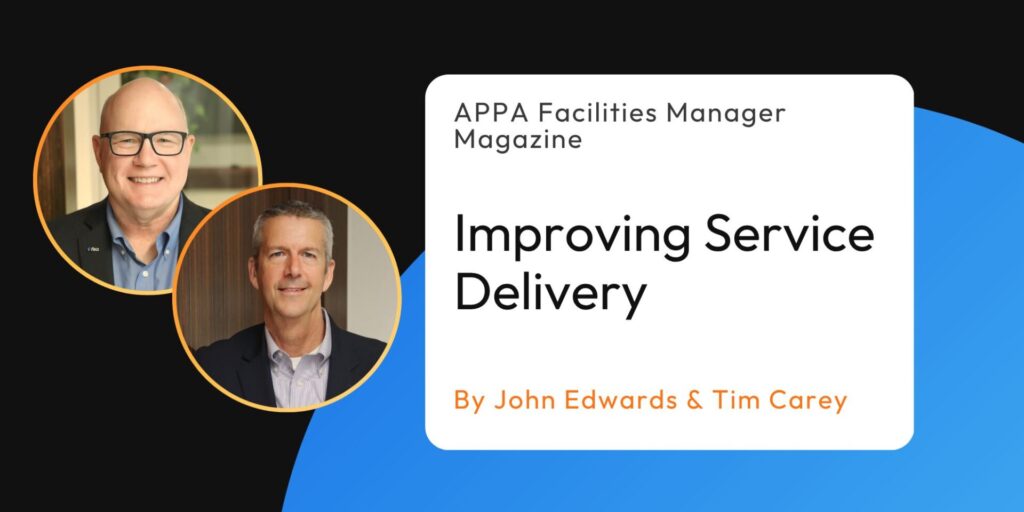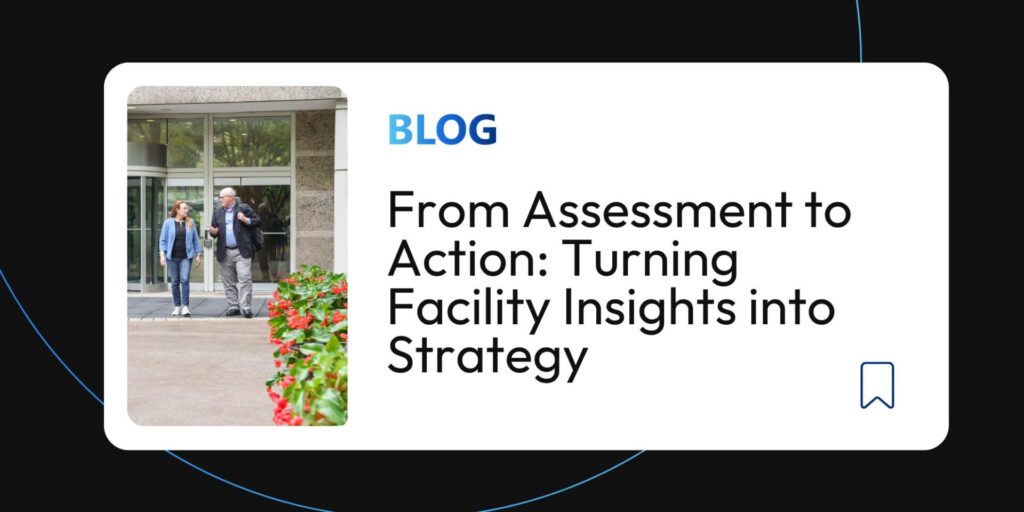How AI is Empowering Facility Managers to Improve Soft Skills: Insights from Ryan Small
How Facility Managers Can Utilize AI
As technology continues to evolve, artificial intelligence (AI) is proving to be more than just a tool for automating routine tasks and improving operational efficiency. In a recent FacilitiesNet article, Ryan Small highlights how facility managers can utilize AI and how AI can be a game-changer for facility managers (FMs), particularly in enhancing the “soft skills” that are essential to effective leadership.
These soft skills—such as communication, time management, and decision-making—are often the most challenging aspects of a facility manager’s role. Yet, AI is making it easier for FMs to master them, ultimately improving their leadership effectiveness and driving better facility operations.
Bridging the Gap in Facility Management
While the technical aspects of facilities management—like reading schematic drawings, troubleshooting temperature complaints, or overseeing equipment maintenance—are straightforward for many managers, the softer aspects of the job can be much more difficult. These include tasks like managing teams, communicating with stakeholders, marketing services, and organizing time effectively. These “soft skills” are often undervalued, but they are critical to fostering an efficient, collaborative work environment and maintaining smooth operations.
AI as a Leadership Ally
Contrary to the early fears that AI would replace human jobs, Small emphasizes that AI is not here to take over the role of facility managers. Rather, it’s a tool that can help FMs improve their leadership skills. AI’s ability to assist in non-facility-specific tasks—such as running more efficient meetings, delivering smoother presentations, or quickly analyzing large data sets—has become a valuable asset to modern FMs.
Efficiency Gains Beyond Facility Management
One of the key insights from the article is that many of the benefits of AI are not strictly tied to the technical side of facilities management. Instead, AI can deliver broad efficiency gains that apply across all areas of an organization. For example, AI tools that optimize time management, streamline communication workflows, and enhance presentation delivery can have a far-reaching impact on a facility manager’s ability to lead effectively.
AI tools provide a competitive edge by allowing FMs to focus on higher-level strategy and leadership rather than being bogged down by day-to-day tasks.
Small also highlights the growing role of AI in improving decision-making processes. Facility managers can use AI to analyze complex data sets faster, enabling them to make more informed decisions with greater speed and accuracy. This ability to quickly assess and respond to data-driven insights not only increases operational efficiency but also enhances a manager’s leadership capabilities.
AI’s Evolving Role and How Facility Managers Can Utilize AI
As AI continues to advance, Small foresees even greater opportunities for facility managers to leverage these technologies to elevate both their technical and interpersonal skills. While AI’s capabilities are still developing, its potential to improve the overall quality of leadership within facility management is undeniable. In fact, AI may eventually help FMs make better, more informed decisions that lead to long-term improvements in the operations and performance of their facilities.
The Future of AI and Facility Management
Ryan Small’s insights into the role of AI in enhancing soft skills signal a shift in how facility managers approach leadership and operational management. By embracing AI as a supportive tool rather than viewing it as a threat, facility managers can unlock significant potential to become more efficient, effective, and well-rounded leaders.
The future of facility management is intertwined with the evolving capabilities of AI. As AI tools continue to develop, facility managers will have access to even more advanced resources to improve their soft skills, refine their decision-making abilities, and enhance their leadership effectiveness. The result will be a more agile, efficient, and empowered workforce—one that is better equipped to handle the complexities of modern facilities management.
In the coming years, as AI’s role in facility management grows, Ryan Small’s perspective on how facility managers can utilize AI offers valuable guidance for FMs looking to leverage these technologies not just to improve operations, but to transform their leadership approach and drive organizational success.




